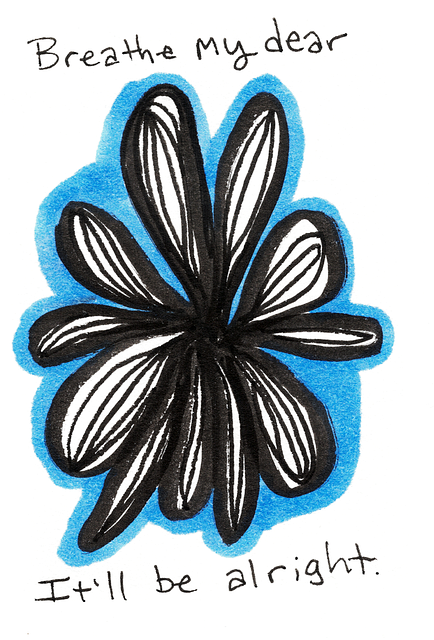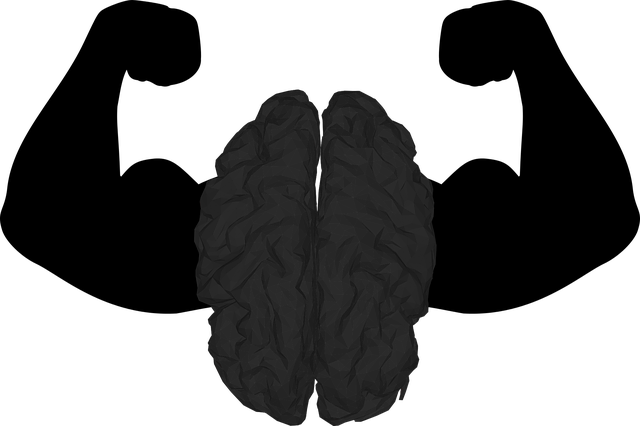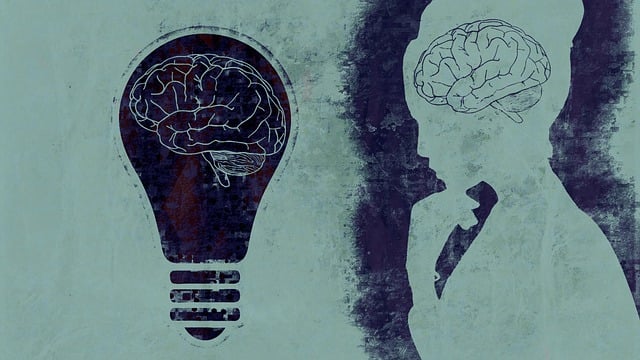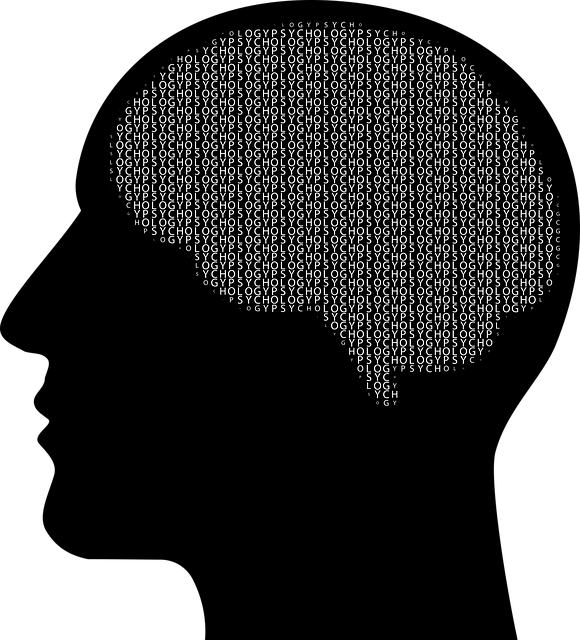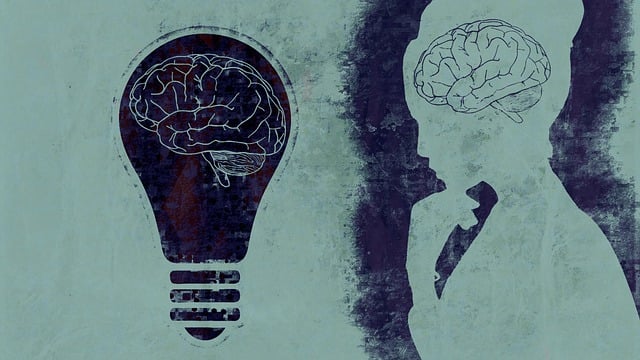Northglenn Anxiety Therapy employs Recovery-Focused Therapy (RFM) and Resilience Building Exercises (RBE) to combat anxiety, focusing on resilience, strengths, and meaning. Through tailored sessions, clients learn mindfulness, cognitive reframing, and emotional expression to manage stress and adapt to challenges with confidence. Success is measured using both quantitative and qualitative methods, tracking goal progress and client feedback to optimize coping skills and emotional well-being.
“Uncover the power of Resilience-Focused Therapy (RFT) in Northglenn Anxiety Therapy with this comprehensive guide. We explore how RFM, a game-changer in managing anxiety, empowers individuals to navigate life’s challenges. This article delves into the implementation process, offering insights on effective exercises tailored for Northglenn therapy settings. From understanding RFM’s role in alleviating anxiety to measuring success and refining strategies, discover practical steps to enhance clients’ resilience and foster lasting well-being.”
- Understanding RFM and Its Role in Anxiety Therapy
- Implementing Resilience Building Exercises in Northglenn Anxiety Therapy
- Measuring Success and Adjusting Strategies for Optimal Results
Understanding RFM and Its Role in Anxiety Therapy

At Northglenn Anxiety Therapy, we recognize that building resilience is a cornerstone of effective anxiety management. RFM, or Recovery-Focused Therapy, is an approach that emphasizes the individual’s inherent capacity for growth and recovery. By focusing on Resilience, Strengths, and Meaning, RFM guides clients to develop coping strategies that are tailored to their unique needs. This therapeutic framework goes beyond merely treating symptoms; it equips individuals with tools to navigate life’s challenges and foster a sense of personal power.
Integrating resilience-building exercises into therapy sessions allows us to empower our clients to confront anxiety in a supportive environment. These exercises, often accompanied by Social Skills Training, help individuals recognize their inner strengths and adapt to stressful situations. By increasing Mental Health Awareness, RFM enables clients to make sense of their experiences, challenge unhelpful thoughts, and develop healthier responses. This holistic approach not only alleviates anxiety symptoms but also promotes overall well-being and a more fulfilling life.
Implementing Resilience Building Exercises in Northglenn Anxiety Therapy

Northglenn Anxiety Therapy has recognized the power of Resilience Building Exercises (RBE) as a game-changer in treating anxiety and fostering mental fortitude. By incorporating specific self-awareness exercises, clients are equipped with valuable tools to manage stress and develop coping mechanisms tailored to their unique needs. These practices promote communication strategies that enable individuals to navigate challenging situations with increased confidence and composure.
Through dedicated sessions, therapists guide clients through a series of RBE designed to enhance emotional resilience. By focusing on mindfulness, cognitive reframing, and healthy expression of emotions, participants gain an improved sense of control over their anxiety. The ultimate goal is to provide long-lasting anxiety relief, enabling individuals to thrive in their daily lives with renewed strength and adaptability.
Measuring Success and Adjusting Strategies for Optimal Results

Measuring success is a vital component of any effective therapy program, especially when implementing resilience-building exercises. At Northglenn Anxiety Therapy, we understand that each client’s journey is unique. Therefore, our approach to evaluating progress involves a combination of quantitative and qualitative methods. This includes tracking specific goals set during the initial assessment, such as reductions in anxiety levels or improvements in emotional regulation. We also heavily rely on client feedback, encouraging open dialogue about their experiences and perceived benefits from the exercises.
Adjusting strategies is an iterative process that ensures optimal results. By regularly reviewing progress reports and client feedback, our therapists can identify areas where adjustments are needed. This might involve refining specific techniques within the exercises or introducing new activities tailored to individual needs. The goal is to foster a sense of agency in clients, enabling them to develop robust coping skills and enhance their overall emotional well-being.
The implementation of RFM (Resilience, Flexibility, and Mastery) techniques in Northglenn Anxiety Therapy has proven to be a powerful tool in empowering individuals to manage their anxiety effectively. By combining evidence-based exercises with personalized strategies, therapists can help clients build resilience, enhance coping mechanisms, and lead more fulfilling lives. Measuring success through regular assessment allows for adjustments, ensuring optimal outcomes tailored to each individual’s unique needs. This holistic approach, when applied consistently, has the potential to revolutionize the way we address anxiety disorders in Northglenn and beyond.
